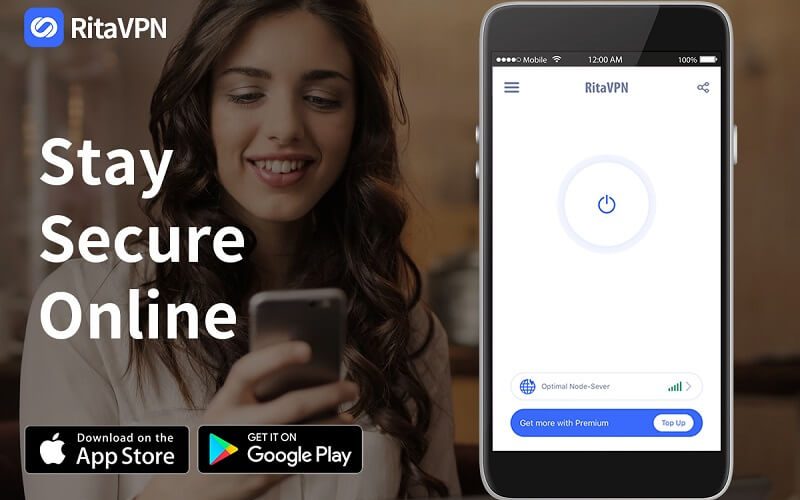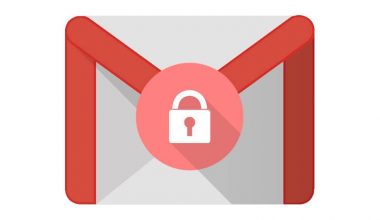There are increasing signs to show that security agents located at borders are stepping up their ways to intrude into the things we do every day. However, this past year, customs officers from the US carried out unsolicited searches on an exceeds of 33,000 devices – which is four times the amount of a similar incident that took place about three years back.
A recent statement from a legal proceeding which had a panel being led by both the American Union of Civil Liberties and the Foundation of the Electronic Frontier. It showed that agents “typically enforce unrestrained power in searching as well as seizing the devices of travelers around the border.” This information could be stored for an impressive 75 years.
More disturbing is that these officials at the border are also able to search through devices to examine every one that you are connected to. Such as your friends and family, as well as any sources are belonging to a scholar or a journalist. Any person who is discovered in your list of contacts could be used to frame you up. Also, this puny privacy invasion doesn’t only happen in the US.
Groups advocating for this change are in a constant battle to get this current practice to stop. However, on a personal level, there are a couple of things that can be done by you to stop this security at the border from coming across information which is sensitive to your mobile phones.
1). Keep your devices at home
The easiest and simplest manner to stave off a search at the border is to leave your devices in the house. However, it could be beneficial to be free from your devices for a short time, but then again, it could be inconvenient for those people who stay connected to the rest of the world through the use of their devices. People who cannot live without their devices, unfortunately, are forced to go through this unenviable experience and therefore risk losing their most treasured tool for communication.
2). Get the burner type of phone
The burner computer or phone, which is only used for traveling, can be another way in which you could minimize the quantity of the sensitive information which you carry. Typically, the devices tend to have only the things that you need for your travels without further features.
During the setup process for the burner devices, you should ensure that you have no email accounts, or no social media apps or your photos in these devices. This way, if anyone confiscates your device and searches through it, he wouldn’t find much information.
3). Consider saving personal information in the cloud
Unfortunately, in the US, these agents at the border would not check online for your data.
Therefore, for individuals without several devices, an easy way of preventing this data harvesting in the border is to save all information using the cloud. Of these, your social media accounts are typically easy to delete because you can install the app again when you sign back on.
If you can’t save your data in the cloud, you could still conceal the data on your phone by including hidden tools that will enable you to hide your data even from the most sophisticated forensics. These hidden tools can be in the form of operating systems or software which allow you to hide all or most of your sensitive data.
4). Disengage the data security for biometrics
US-based border agents could make you unlock your mobile devices through the use of biometrics. Ensure that it is disabled, and you could also utilize encryptions and long passwords to help yourself.
Furthermore, ensure that the devices you use are encrypted with disks. An android device of the 6.0 version or later, has default encryption, but you could confirm this by checking the settings. Users of Apple devices are resting assured because all the iOS devices come encrypted as a default feature. The Filevault is used for encrypting the MacOS laptops whereas Bitlocker can be used for encrypting the Windows 10 operating systems.
Also, know that agents in the border can still search through your devices and try cracking them, also if you are visiting the US, you could not be allowed to enter if you do not obey such orders.
5). Report any observed violations
Whereas you do have temporary solutions to the unsolicited searching for our gadgets, there isn’t any alternative for this development.
However, travelers are compelled to bring to the notice any observed unsuitable behavior to advocacy groups such as the EFF or the ACLU that are fighting for violations of the right of the common man.
The EFF and the ACLU recently had had a federal government sued or due to some warrantless searches back in 2017, and seem to be progressing in their case. Reporting back any known abuse is important in assisting these organizations in filing a case versus immigration and Customs.
The best way to avoid having your data seized at the border is to avoid taking excess personal data along each time that you are crossing over the border. You could as well report any privacy violation to organizations such as the EFF, the ACLU as well as OpenMedia.
6). Using a Virtual Private Network
While it may not save you from physical agents at the border, the best VPNs guarantee your safety and privacy online. It makes sure that people are not able to come across your details each time that you are browsing the internet.
The best Virtual Private Network allows you to access the internet conveniently from any location without third parties being able to detect your location by using the IP address of your connection.
Apart from these obvious features, the VPN can also ensure that you get to enjoy some benefits online that would be inaccessible without the use of the VPN.






